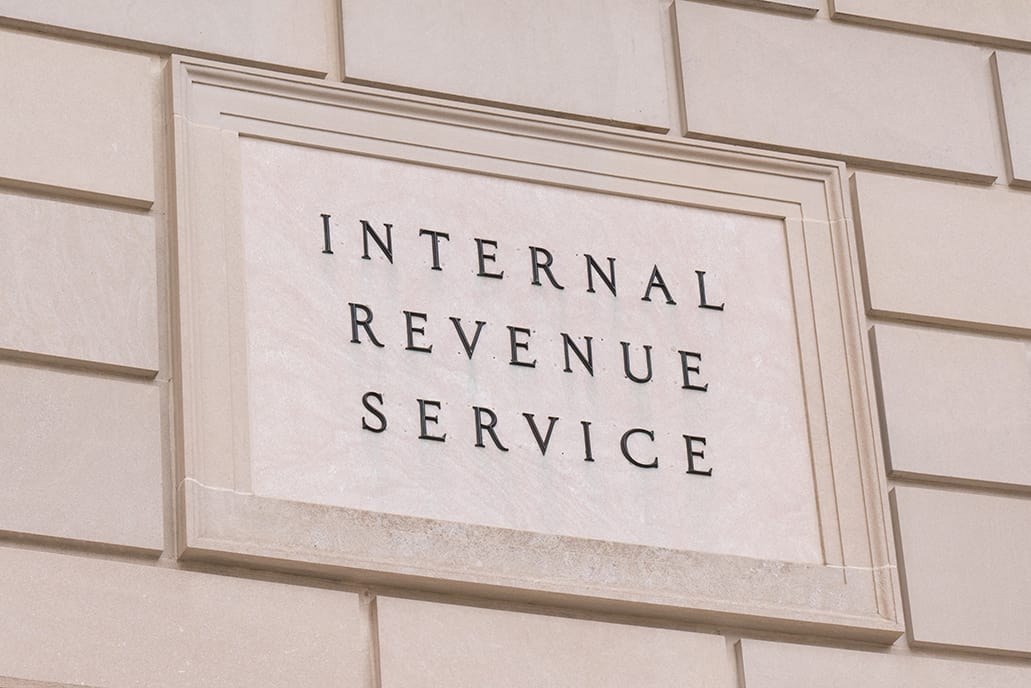
IRS Makes Change Aimed to Enhance Worker Safety and Protect Taxpayers from Cybersecurity Threats and Scams
IRS Commissioner Danny Werfel has just announced a change in a memorandum titled Interim Guidance on Field Collection Safety During Field Contact, which reverses a decades-long practice by IRS revenue officers. Effective immediately, most unannounced visits to taxpayers’ homes or businesses by revenue officers will end and will be replaced with mailed letters to schedule in-person meetings. Previously, unarmed revenue officers would occasionally make unannounced visits to collect unpaid taxes and unfiled tax returns. Revenue officers will now contact taxpayers through an appointment letter, known as a 725-B, and schedule a follow-up meeting. The IRS is also reminding delinquent taxpayers that there are several options available to help them with their unpaid tax bills.
This shift in approach aims to enhance safety and reduce confusion during tax collection procedures. With the growing concern over cybersecurity threats, taxpayers must remain vigilant, particularly when it comes to tax-related communications, and be able to recognize official IRS communication.
“Cybersecurity continues to invade every aspect of our lives, including the IRS and taxes,” said Moore Colson Partner and Cybersecurity Practice Area Leader Jon Powell. “ As indicated by the IRS, they will only reach out to you via mail delivered by the USPS, so be wary of emails that appear to be from the IRS requesting that you click a link to make a payment or click a link to receive your refund.”
This change comes as the IRS is also warning the public about summertime tax scams, including scams claiming the availability of a third round of Economic Impact Payments, eligibility for the Employee Retention Credit and missed tax refunds.
By implementing this new approach and raising awareness about potential tax scams, the IRS is taking significant steps to modernize its procedures, enhance safety and protect taxpayers from cybersecurity threats. Differentiating legitimate taxpayer information from fraudulent can be challenging. If you have questions about any communication you receive, please get in touch with us to help you evaluate the situation.
